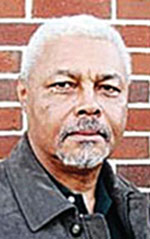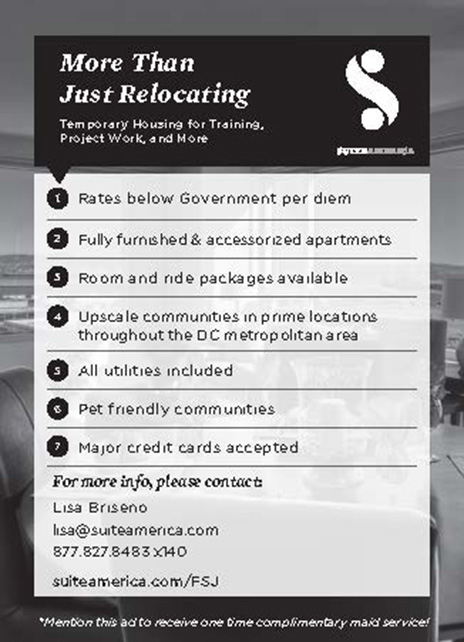On the Writing Roller Coaster
There’s no more everyday boredom, but don’t expect writing to be easier than your old job.
BY CHARLES RAY
I’ve been writing and being published since I was 12 or 13, when I won first place in a national Sunday school magazine short story writing contest. I worked as a stringer for my local newspaper while in high school, and during my 20 years in the army, moonlighted as a photojournalist and artist for a number of newspapers and magazines.
My writing continued while I was in the Foreign Service. Always an early riser, I’d write for 30 minutes to an hour before going off to work. Then, in the evenings, I would write for another hour before going to bed—on evenings when there was a reception that could be quite late. Do that for 30 years, though, and it becomes a habit.
Fast forward to retirement. When I hung up my pinstripes in 2012 and decided to devote myself full-time to writing, I anticipated a more leisurely pace. Instead I found that having more time to write only encouraged me to write more—something about work filling the available time, I believe.
The Writing Muscle
When I worked for newspapers in North Carolina in the 1970s, an old country editor once told me that to become a good writer, one had to exercise the writing muscle regularly. His suggestion was to produce 1,000 to 2,000 words per day, every day. I’ve been doing that ever since. (Given that I type approximately 60 words per minute, I can get my 2,000 words written in under 40 minutes. The average word count of my books is 45,000 to 60,000, so even with my old “write in my free time” schedule, I could complete the first draft of a book in a month.)
Here’s what my typical day looks like (and by day, I mean Monday through Sunday). I’m up between 5 and 6:30 a.m. I exercise, shower, dress and prepare my breakfast. Then I’m off to work—in my home office. There I spend 30 to 45 minutes going through email, and then start the writing process.
Establish a writing routine that you can live with, and follow it.
I say process, because writing a book is about more than the act of writing itself. There’s the research, even for fiction, and planning that has to take place before you begin the first page. Some call this planning “plotting,” and I suppose that’s kind of what I do—somewhere between plotting and writing by the seat of my pants. No matter how detailed I make my initial plan, it changes three or four times before I’m done with the book.
The writing itself takes place for about two hours in the morning, during which time I usually work on two or three different projects, aiming for a minimum of 2,000 words on each. I write flat-out for that two-to-three-hour period, and then break for lunch.
After lunch, I take a one-to-three-hour break from writing, retiring to my art studio in my garage to paint or draw, or grabbing my camera to go off and take pictures. By 5 p.m., I’m back at my computer keyboard, and back to work, with just a one-hour break at 6:30. After supper with my wife, I write for another three to four hours.
Off the Treadmill of Everyday Boredom
Before retiring, I worked 12 to 14 hours, six days a week, on average. I loved my job, although it was a bit boring and routine at times, and I was often subject to the direction and control of someone else. Now I’m doing those 14-hour days seven days a week! I’m the boss, and I’m never—I actually mean never—bored.
I haven’t been retired long enough to offer tips on that subject. But having written for publication for more than 50 years, I think I can offer a few words of advice to those of you who are about to exchange another day job for full-time writing:
■ Don’t expect writing to be easier than your old job. If anything, it’ll be harder.
■ Establish a writing routine that you can live with, and follow it.
■ Don’t let making money be your main motivation. Most writers actually make very little. Focus on writing things that give your life meaning.
■ Include personal care and family time in your routine. A writer needs inspiration, and you won’t get it by cutting yourself off from people or being too ill to keep writing.
Get off the treadmill of everyday boredom, and get on the roller coaster ride that is the life of a writer. It can sometimes be scary, but for me that’s part of the excitement. If you’re meant to be a writer, it can be the same for you.










